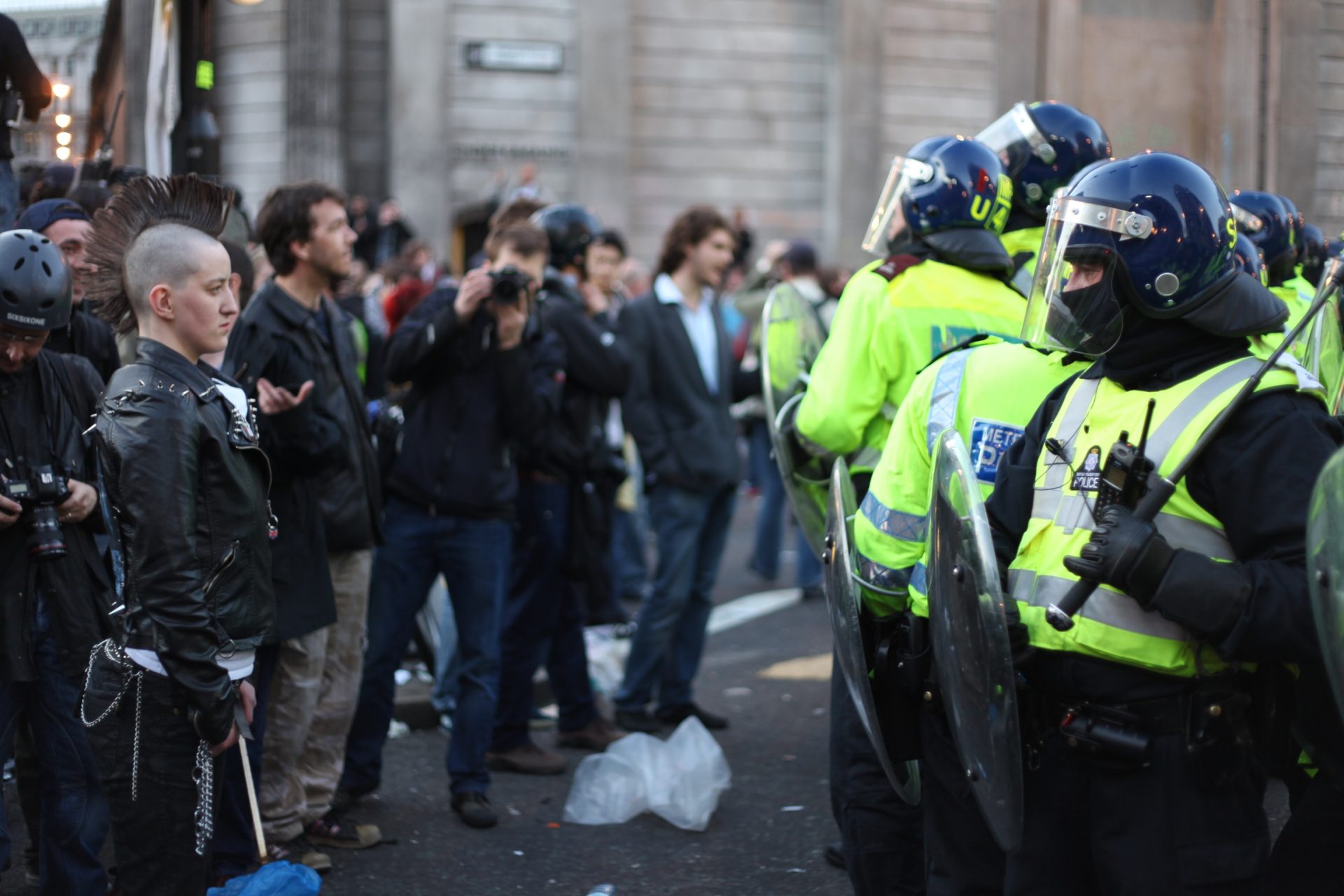Gender, sexuality and criminal justice
Members of the cluster also have a variety of interests in questions of gender and/or sexuality and their relationship to the criminal justice system. The group is able to draw upon the multi-disciplinary backgrounds of its members, including urban geography, social history and sociology as well as sociology and criminology. The group seeks to foster critical engagement with contemporary issues relating to gender and sexuality through the deployment of a broad range of social science research methods and theoretical approaches. Members have received financial support for their research and associated activities from external funders including the ESRC, the National Lottery, the Scottish Office and the AHRC, and are involved in the supervision of PhD projects in this field. Recent research work undertaken by group members includes:
- An examination of the genealogy of feminist criminology and the impact of twentieth-century liberal feminism on criminal justice.
- A comparative study of the regulation of sex work in four countries – England, Netherlands, Sweden and Scotland.
- A study of new diversion schemes introduced following the Corston Report (a review of women with particular vulnerabilities in the criminal justice system).
- An examination of the control of inappropriate and excessive sexualities through municipal and environmental law (e.g. use of planning and licensing law to close brothels, sex clubs and lap dancing venues) and the use of police powers to reduce the nuisances of sex work.
Drugs, drug policy and control
Patterns of drug use and control are changing rapidly after years of stagnation. Members of the group have contributed to the development of knowledge and policy in this area through a variety of studies. These have included analyses of European drug policy, the effects of decriminalisation in Portugal, patterns of use and supply of cannabis and crack in the UK, the emerging regulation of new psychoactive substances, and the reduction of risk behaviours among adolescents.
PhD projects that are being supervised by members of the group include an examination of the legalisation of cannabis in Uruguay, patterns of distribution of doping product and recreational pharmaceuticals in the UK, Netherlands and Belgium, a participatory visual study of concepts of harm amongst female injecting drug users in Budapest, and the use of harm reduction at festivals in the UK. The impact of studies of members of the group has been recognised by members of both UK Houses of Parliament, as well as by international policy-makers.
Cultural criminology: Theoretical and empirical contributions
Members of the group have produced research both collaboratively and individually which has cemented Kent’s reputation as a world-class centre of excellence for cultural criminology. Indeed, as noted in various externally authored works, Kent is undoubtedly the foremost institution associated with the emergent sub-discipline of cultural criminology. Continuing a tradition that has existed since the University’s foundation in 1965, Kent scholars interrogate how power shapes contemporary forms of crime, criminalisation and justice, whether on the street, in prison or through media discourse and visual representations. This approach is embodied in a variety of observed research, including: research on fear of crime, victimisation, walling and security in Latin America; studies of how local crime control agendas can be shaped by real estate markets and the desire for consumerist distinction; the subcultural meanings and the place of radical iconography among young British Muslims; and the significance of crimes against NGOs operating in developing countries.
A further strength of the cluster is its members’ interest in developing a cutting-edge theory: the authors of the award-winning book Cultural Criminology: An Invitation are all members or associates of the cluster and participate in numerous academic debates that go to the centre of how criminality, justice and ethics are understood in the contemporary era. Works enriched with philosophical reasoning and/or cultural analysis as well as quantitative data have allowed CCCRG members to develop key concepts that go on to frame future debates and public policy worldwide.
